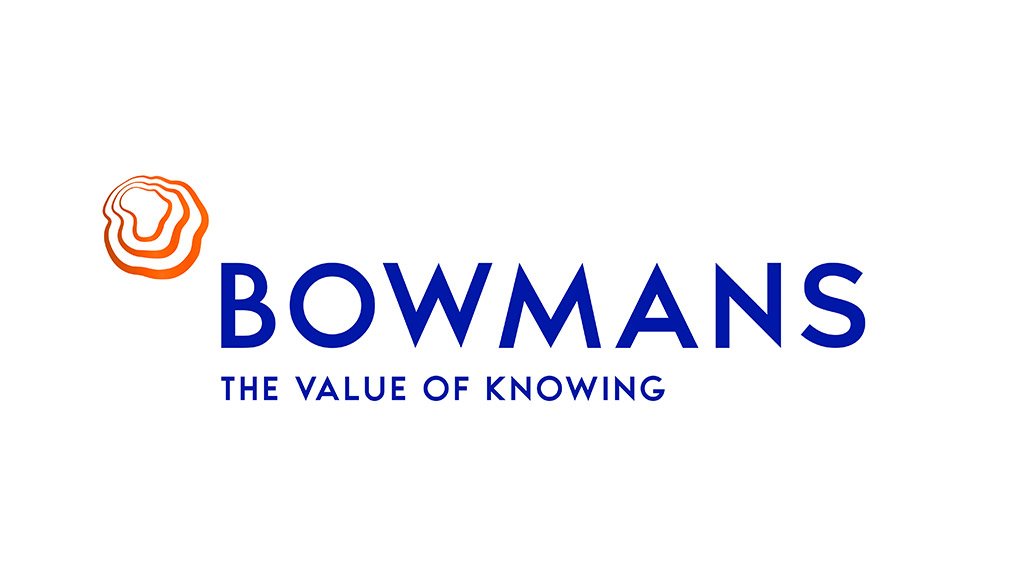While many South African businesses are either not registered for tax or paying next to no tax, Sars is taking a “shotgun approach” to “attacking” large tax-compliant corporates, which it seems to see as easy targets, says a Johannesburg tax law expert.
“Sars appears to be directing its resources towards corporates that are already paying tax at the rate of 28% and are not aggressively structuring their tax affairs. Surely it would make more sense to go after the multitude of smaller businesses that are not registering for tax or not paying tax at all?” says Kelly Wright, partner in leading African law firm Bowmans’ Tax Practice.
Wright says it has become standard practice for major corporates in South Africa to employ dedicated tax managers who spend between 50% and 80% of their time dealing with multiple queries from multiple Sars offices.
“It is never-ending; a continuing flow of queries, requests for information, notifications of audit, objections and appeals (before the ‘real litigation’ process even begins),” she says. “Often, a client will have up to 10 concurrent Sars queries on related issues pertaining to overlapping years of assessment from different branches of Sars that are not talking to one another. When clients describe what is happening, they say, ‘We are under siege.’”
More often than not, says Wright, some of these queries come down to nothing more than a timing difference, if indeed there is any actual alleged problem identified by Sars.
Dim view of bad and doubtful debts
An example is ‘bad’ and ‘doubtful’ debts, which claims Sars will typically insist should apply to a tax year other than the one for which the taxpayer has claimed a deduction or allowance. “Sars will then charge interest and massive penalties.”
This year’s legislative changes may bring more certainty, with set percentages of impairment losses being claimable in the future. However, these allowances are substantially less than the actual economic loss suffered by taxpayers, resulting in overpayments of tax in earlier years, which the law society likened to a permanent interest-free loan from taxpayers to Sars.
Wright says corporates spend enormous amounts of unproductive time and money fielding Sars queries and dealing with disputes. “A single dispute can easily span between six years and a decade, from the date of the first request for information from Sars to the date on which judgment is handed down by the Supreme Court of Appeal.”
But even winning a dispute can be a hollow victory, she says. “When corporates win disputes with Sars, they have to spend years fighting to claim refunds which are delayed for no reason. It’s incredibly frustrating.”
Wright says the perception that South Africa’s major corporates may not be pulling their weight when it comes to paying tax is lop-sided. According to the 2018/19 Budget summary document, ZAR 231.2-billion out of ZAR 1,344.8-billion came from corporate tax.
Corporates shy away from aggressive structuring
“Many corporates are good taxpayers, have good relationships with Sars and are willing to come to the party and pay a fair amount of tax.”
A fair amount of tax does not mean the maximum amount that it is possible to pay, however. “It means a reasonable, balanced amount,” says Wright, adding that corporates tend to shy away from paying both too little and too much tax.
“There are many tax structuring products that are marketed by really aggressive financial planners. Our experience is that many clients are not comfortable with these products. For every aggressive product that is marketed, there are a number of corporates that turn them down.”
With Sars’ attention seemingly focusing unrelentingly on corporates that are largely compliant, though, there is growing frustration that non-compliant small businesses are getting off scot-free. In addition, with public attention on corruption and misuse of taxpayer funds, and the ‘capture’ of Sars, taxpayers have become disgruntled.
“It feels as if we have reached a stage where paying tax is voluntary and those who volunteer are penalised,” Wright says. “The time has surely come for Sars to broaden the tax base and go after the taxpayers that are unregistered or underpaying.”
Written By Kelly Wright, partner at Bowmans
EMAIL THIS ARTICLE SAVE THIS ARTICLE ARTICLE ENQUIRY
To subscribe email subscriptions@creamermedia.co.za or click here
To advertise email advertising@creamermedia.co.za or click here











